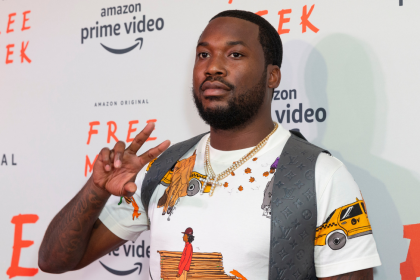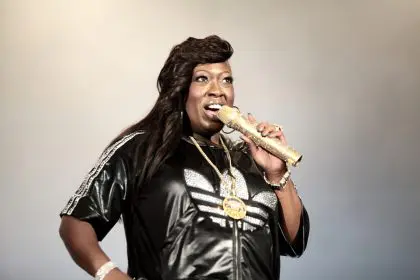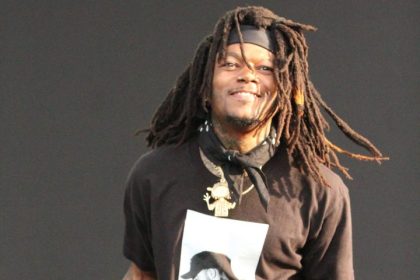The trajectory of R. Kelly’s dramatic fall from grace has taken another definitive turn as a federal appeals court delivered a devastating blow to the former R&B superstar’s attempts to overturn his sex trafficking conviction. The ruling, which upholds both his conviction and 30-year prison sentence, represents a watershed moment in a case that has fundamentally reshaped conversations about accountability in the entertainment industry.
The enterprise of exploitation
At the heart of the appeals court’s decision lies a meticulous examination of Kelly’s systematic pattern of predatory behavior. The court’s 85-page ruling dismantles the defense’s central argument that Kelly’s operation did not constitute a criminal enterprise under RICO statutes. Instead, the judicial panel found overwhelming evidence of a carefully orchestrated system that enabled years of exploitation.
The machinery of abuse
The ruling illuminates how Kelly constructed an intricate network of enablers and employees who facilitated his criminal activities. This infrastructure included security personnel, managers, and various staff members who worked in concert to identify, isolate, and control victims. The court found particularly compelling evidence in the systematic way potential victims were approached at concerts, shopping malls, and even outside their schools.
A pattern of predation
The appeals court’s detailed analysis reveals how Kelly weaponized his celebrity status and industry connections to create an environment where abuse could flourish unchecked for decades. The operation extended beyond mere opportunity, developing into a sophisticated system that included strict rules for victims, controlled movements within his properties, and carefully managed public appearances.
The Aaliyah connection
Perhaps most damning in the court’s assessment was its examination of Kelly’s relationship with the late singer Aaliyah. The 1994 marriage, when Kelly was 27 and Aaliyah was 15, served as a crucial demonstration of how Kelly’s enterprise operated. The court found that this wasn’t merely a historical footnote but rather a blueprint for understanding how Kelly’s organization functioned to facilitate criminal behavior.
Legal strategy unravels
Kelly’s defense team mounted several challenges to the conviction, including claims of juror bias stemming from the documentary “Surviving R. Kelly.” However, the appeals court systematically rejected these arguments, finding that proper safeguards had been maintained throughout the trial process. The ruling emphasizes how Brooklyn Federal Court Judge Ann Donnelly’s careful management of jury selection ensured an impartial panel despite intense media coverage.
Multiple jurisdictions, multiple defeats
The appeals court decision represents just one front in Kelly’s ongoing legal battles. His Chicago conviction carries an additional 20-year sentence, running largely concurrently with his New York sentence. The Supreme Court’s rejection of his appeal last October further cements the likelihood that Kelly will spend decades behind bars.
Industry implications
The case continues to reverberate throughout the entertainment industry, prompting serious examination of long-standing practices and power dynamics. Music industry executives have begun implementing stricter protocols regarding interaction with young artists, while advocacy groups have leveraged the case to push for broader reforms in talent management and artist development.
A community reckons with legacy
The African American community, in particular, continues to grapple with Kelly’s legacy. His conviction represents a significant shift in how allegations of sexual abuse are addressed within the community, with many leaders pointing to the case as a turning point in believing and supporting survivors.
The appeals court’s decision marks a definitive moment in a saga that has spanned decades. As Kelly’s legal options dwindle, attention increasingly turns to preventing similar abuses in the future. The case has become a catalyst for change, prompting difficult but necessary conversations about power, accountability, and protection of vulnerable individuals in the entertainment industry.
For survivors and advocates, the ruling represents more than just legal validation – it signals a fundamental shift in how society responds to allegations of systematic abuse, even when perpetrated by those in positions of power and influence. As Kelly faces the reality of spending decades in prison, his case stands as a stark reminder of the importance of institutional vigilance and the courage of survivors who step forward to confront their abusers.
















